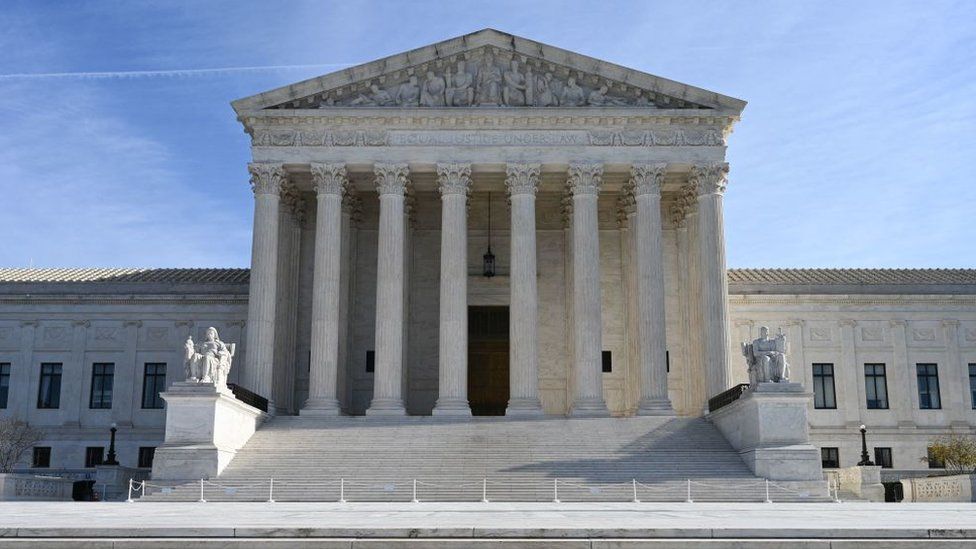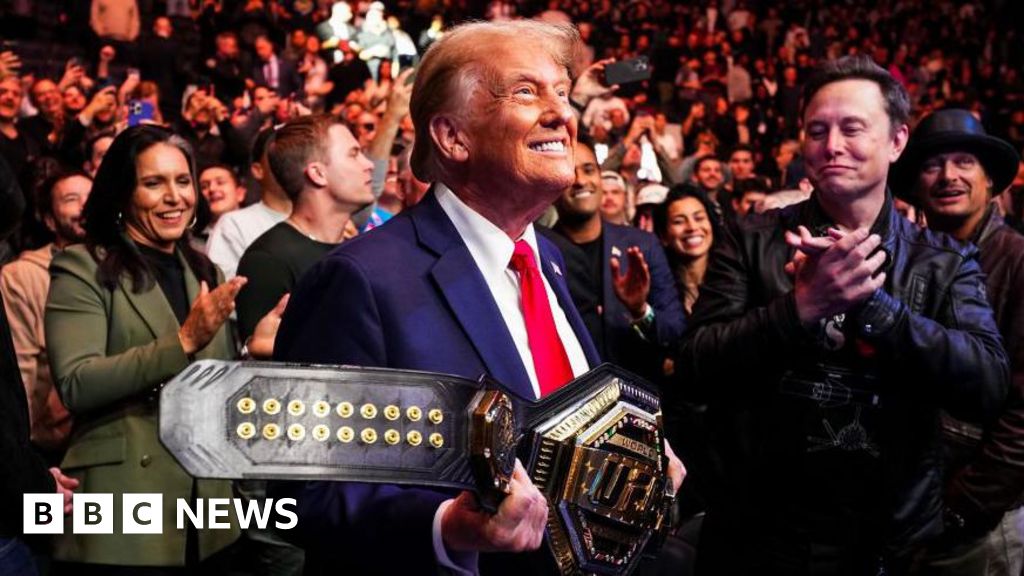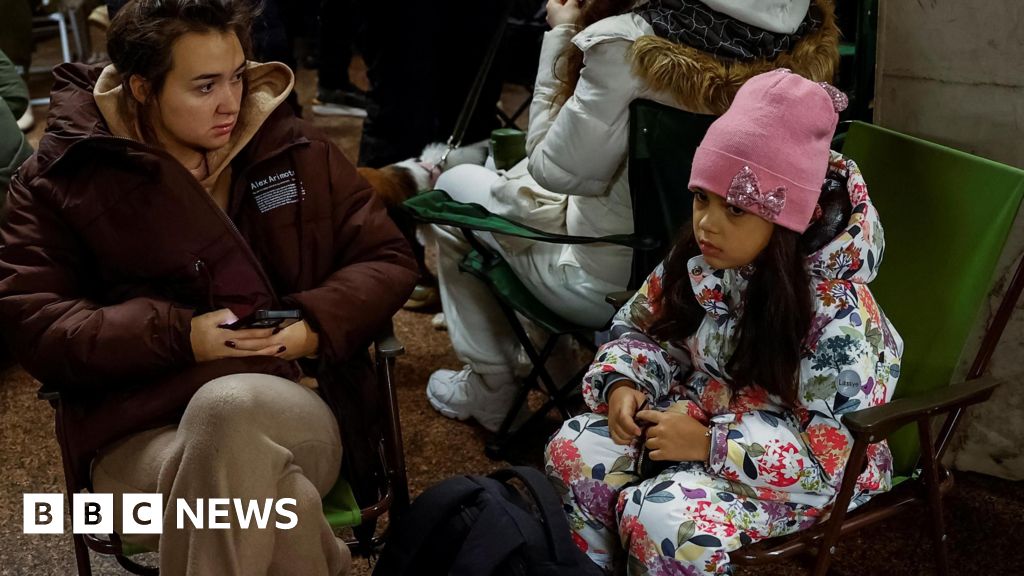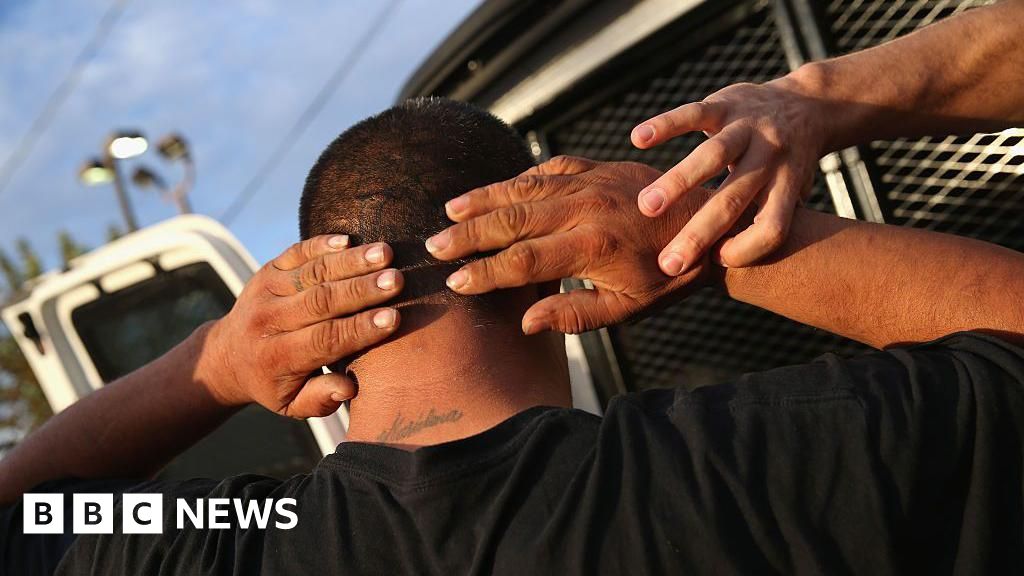ARTICLE AD BOX
 Image source, Getty Images
Image source, Getty Images
North Carolina's state legislature argues that the constitution gives it the power to make rules over local elections
By Bernd Debusmann Jr
BBC News, Washington
The US Supreme Court is hearing arguments in a dispute that has the potential to drastically increase the power of state lawmakers over election laws.
The case pits voting rights activists against North Carolina's Republican-led legislature, which hoped to redraw election maps in the party's favour.
The argument comes amid intense pubic debate about US election integrity.
Activists fear the court's endorsement could upend the electoral system.
The Republican bid to redraw electoral maps in North Carolina was previously blocked by a Democratic majority on the state's Supreme Court, which ruled that the move violated the state's constitution.
Another map produced by the court created an even 50-50 split in the state's 14-member delegation to the House of Representatives.
Now, the Supreme Court must rule on whether the US constitution's provision that allows states to govern the "times, places and manner" of elections means that state courts have no role to play.
Michael Luttig, a conservative former judge who has joined the legal team defending the North Carolina court's decision, was quoted by the Associated Press as saying that the case is "the single most important case on American democracy - and for American democracy - in the nation's history."
The lawmaker's argument in the case rests on a concept known as independent state legislature theory, which holds that state legislatures should be free to make electoral rules with no interference. In court documents, attorneys for the legislature argued that the constitution includes "unambiguous language" about the issue.
Four of the Supreme Court's nine justices have previously expressed tentative support for the argument, with Justice Samuel Alito writing in March that "if the language of the elections clause is taken seriously, there must be some limit on the authority of state courts to countermand actions taken by state legislatures when they are prescribing rules for the conduct of federal elections."
Voting rights groups, Democrats - as well as a number of prominent Republicans - have argued that a ruling in the assembly's favour would allow state legislatures to have nearly limitless power over local elections and eliminate long-standing checks and balances.
In an opinion piece published in the New York Times on 5 December, North Carolina governor Roy Cooper wrote that "Republican leaders in the North Carolina legislature have shown us how the election process can be manipulated for partisan gain".
"That's what you can expect to see from the state legislatures across the country if the court reverses course in this case," he wrote.
The court case comes amid a flurry of election-related lawsuits filed since the 2020 elections, many of them based on unproven claims of electoral fraud in the 2020 presidential election.
In a court filing, prominent Republican attorney Benjamin Ginsberg wrote that the case has the potential to "make a bad situation much worse, exacerbating the current moment of political polarization and further undermining confidence in our elections."

 1 year ago
16
1 year ago
16








 English (US)
English (US)